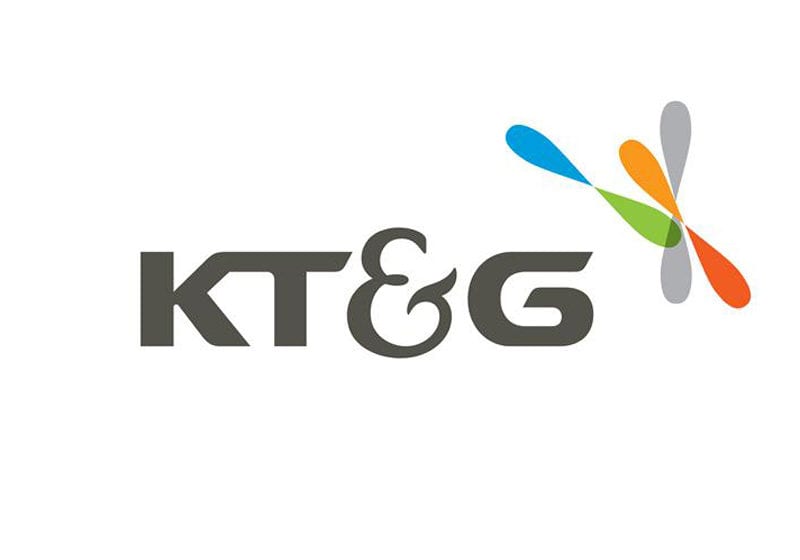Indiana State Representative Carolyn Jackson (D-Hammond) has introduced House Bill 1410, aiming to prohibit the sale of flavored tobacco products and e-liquids within the state. The bill targets products with characterizing flavors, including menthol cigarettes, flavored e-cigarettes, and smokeless tobacco, citing concerns over their appeal to youth and potential health risks.
This legislative effort is not Jackson’s first attempt to address flavored tobacco; similar bills were introduced in previous sessions but did not advance past committee stages. The current proposal reflects ongoing concerns about the rise in youth vaping and smoking, with flavored products often criticized for attracting younger users.
If enacted, the bill would make it a Class C misdemeanor to sell flavored tobacco products in Indiana, aligning the state with others like California and Massachusetts that have implemented similar bans. The legislation is currently under review by the Committee on Public Policy, where it will be debated and potentially amended before any further progression.
The proposed ban has sparked discussions among public health advocates and industry stakeholders. Supporters argue that removing flavored tobacco products from the market could reduce youth initiation and addiction, while opponents raise concerns about economic impacts on retailers and potential growth of illicit markets.










